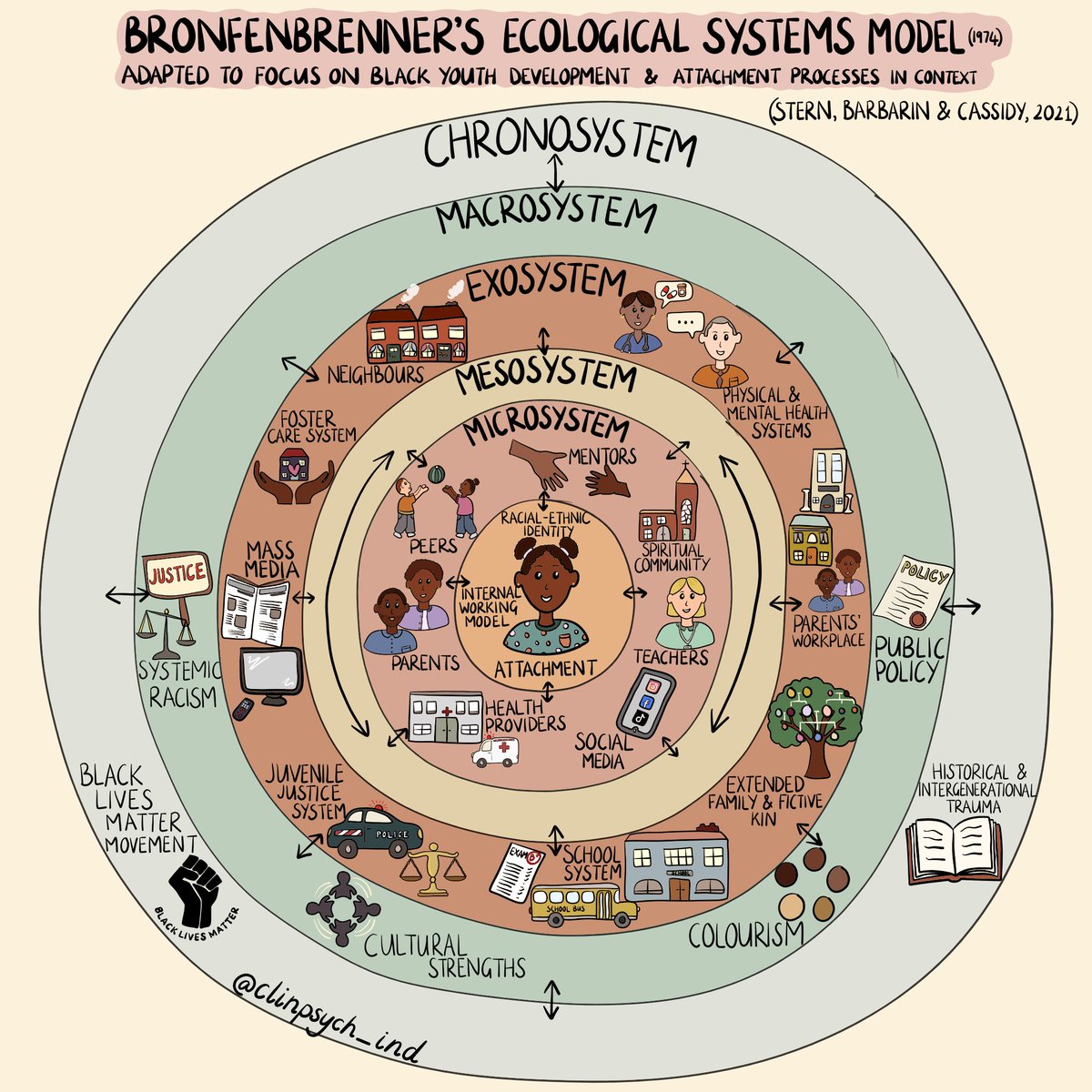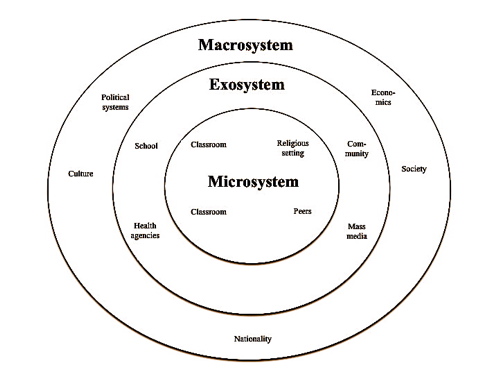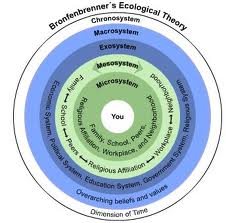The exosystem is a concept developed by Urie Bronfenbrenner, a Russian-American psychologist known for his work on child development and the ecological systems theory. In this theory, Bronfenbrenner proposes that a child's development is influenced not only by the direct environment in which they live and interact, but also by the larger systems that surround them. These larger systems, which include the exosystem, shape the child's experiences and shape their development in significant ways.
The exosystem is made up of the social and cultural contexts that influence a child's development, but which are not directly part of the child's immediate environment. This includes institutions such as schools, workplaces, and community organizations that may affect the child indirectly through the actions and experiences of their parents or other significant caregivers.
For example, if a parent works long hours or has a high-stress job, this may have an indirect effect on the child's development through the parent's availability and emotional state. Similarly, if a child attends a poorly funded or underperforming school, this may affect their academic and social development.
One of the key aspects of the exosystem is that it operates outside of the child's direct experience, but can still have a significant impact on their development. This is because the exosystem influences the child's immediate environment, and the child's interactions with that environment shape their development.
For example, if a parent's workplace has a culture of discrimination or harassment, this may affect the parent's emotional state and their ability to provide a supportive and nurturing environment for their child. In turn, the child may be more likely to experience stress, anxiety, or other negative emotional states, which can have a negative impact on their development.
Overall, the exosystem is an important concept in understanding the complex and interconnected factors that shape a child's development. By considering the larger systems that influence a child's environment, we can better understand the ways in which social and cultural contexts shape their experiences and development.
.jpg)







